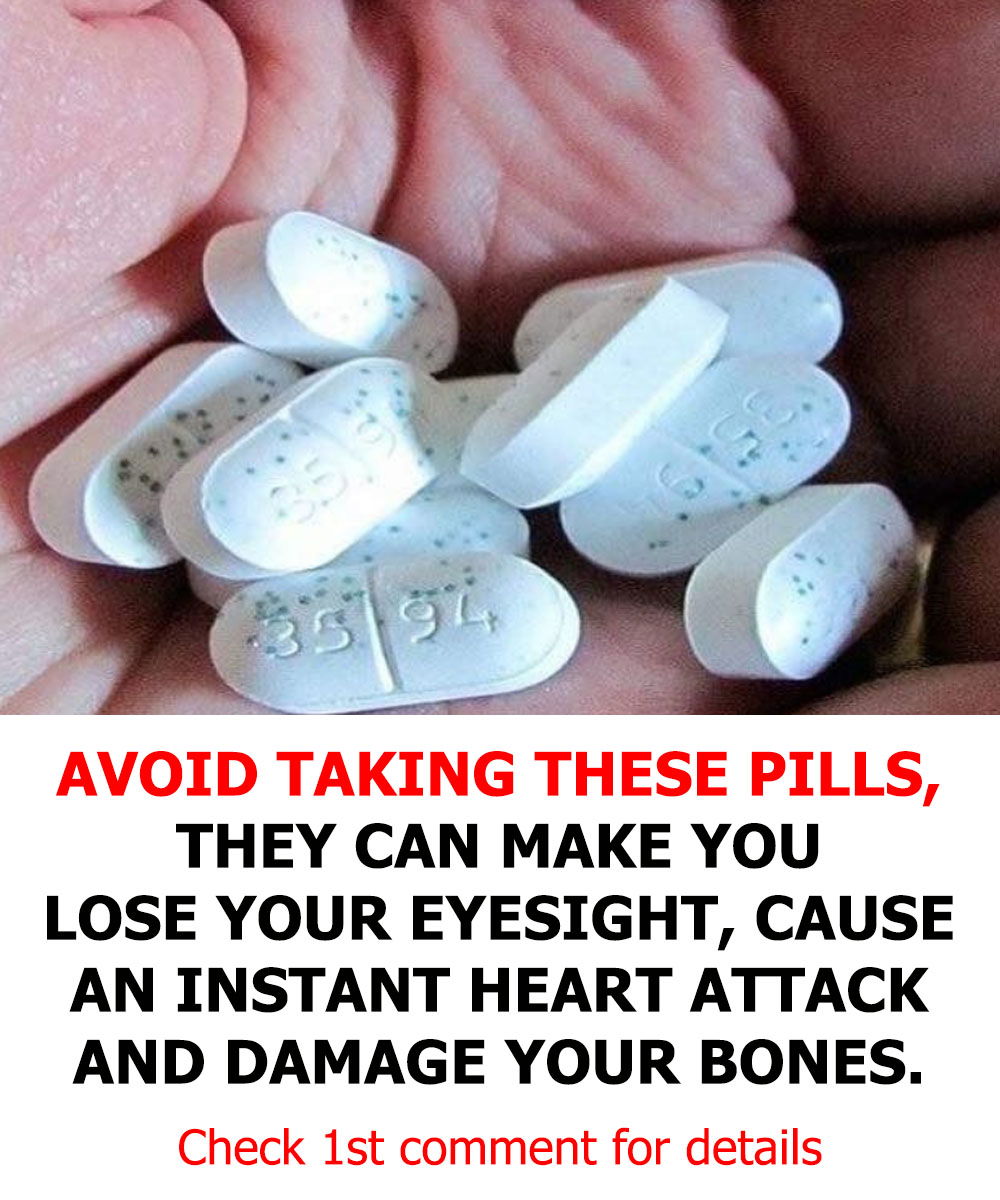
In a recent and urgent development, some medications have been withdrawn from pharmacies and healthcare systems across different countries because of serious cardiovascular risks. Health authorities have raised alarms over the potential link between specific drugs and life-threatening conditions such as embolisms, blood clots (thrombi), and even heart attacks. Patients and healthcare providers are strongly urged to stay informed and exercise caution.
What Are Thrombi and Why Are They Dangerous?
Thrombi, or blood clots, form when blood coagulates inside a vein or artery. Though clotting is a natural process to prevent excessive bleeding, abnormal clot formation within the bloodstream can block blood flow to vital organs. This can lead to:
Pulmonary embolism (clot in the lungs)
Stroke (clot in the brain)
Heart attack (clot in the coronary arteries)
Deep vein thrombosis (DVT)
Even a single clot can be fa.ta.l if it blocks oxygen and nutrients from reaching critical areas of the body. That’s why medications linked to increased clotting risks are taken extremely seriously by regulatory agencies.
Which Pills Are Under Investigation or Removed?

Though specific drug names vary by country and regulatory decision, the most commonly cited types of pills include:
– Hormonal contraceptives (especially certain types of third-generation birth control pills)
– Some anti-inflammatory drugs
– Certain types of diet pills or appetite suppressants
Specific formulations of COVID-19-related therapies and vaccines (in rare cases)
Authorities such as the FDA (U.S. Food and Drug Administration), EMA (European Medicines Agency), and local health ministries have either suspended, limited, or completely withdrawn the use of these drugs. Notably, the risk seems to be more pronounced in individuals with pre-existing conditions such as:
High blood pressure
Smoking history
Obesity
Diabetes
Genetic clotting disorders
Symptoms You Should Watch Out For
CONTINUE READING ON THE NEXT PAGE 🥰💕

